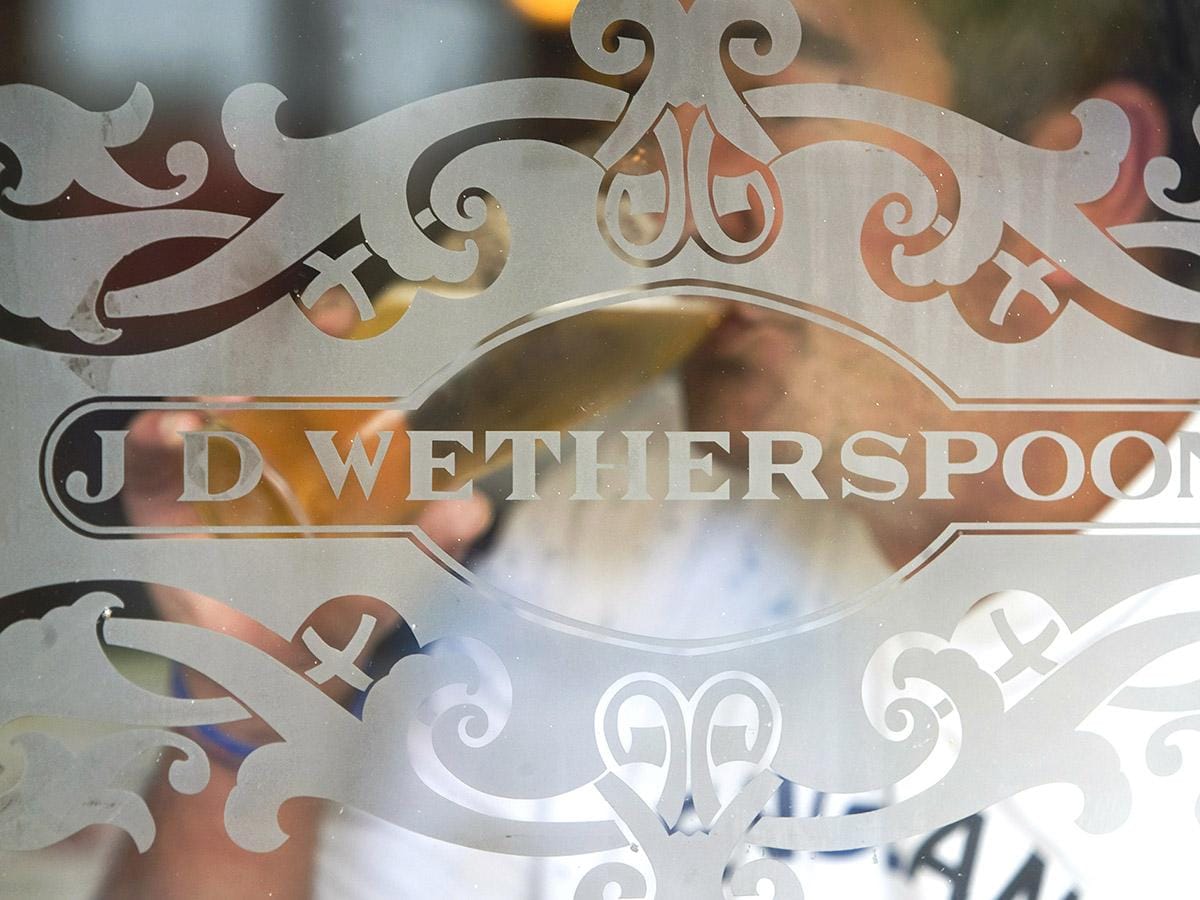JD Wetherspoon [JDW] posted a 4.5% year-on-year drop in pre-tax profits on Friday 13 September, sending its share price down by 4.1% over the weekend following the news and by a further 1.09% by the end of the week. The company pinned its losses to an increased expenditure for new openings and refurbishments during the year.
Elsewhere, like-for-like sales rose 6.8% with revenues climbing to £1.8bn in the 52 weeks ending 28 July. JD Wetherspoon put this down to low prices and the introduction of more food to its menus, as well as a boost in gains in slot (aka fruit) machines, which grew by 10.3%.
“We’re not really focusing our major efforts on increasing profits in every year,” company chairman Tim Martin told the Financial Times earlier this month. He added that profit gains are a medium- to long-term aspiration rather than a consistent short-term goal.
A top performer?
Wetherspoon’s stock, which was trading at 1533p on 20 September, has risen by 38% YTD and looks like it may remain relatively unscathed from its recent results.
Stockopedia recently reported that the company’s relative price strength against the FTSE All-Share index shows it to be among the stocks with the strongest six-month and on-year relative price strength in the market; shares in Wetherspoon are up by 18.56% in the past six months and 16.40% in the past year.
There is positive sentiment for the long-term future of the stock, according to data from Simply Wall St, which has a consensus holding of optimistic outlooks for the company among 12 analysts who cover the stock.
The publisher says that by 2022, JDW’s earnings should reach £80m, from current levels of £73m, resulting in an annual growth rate of 4.5%. The firm is expected to record earnings per share of £0.77 compared to the current £0.71.
Brexit at the forefront
In the company’s full-year results, Martin took the opportunity to claim the pub chain’s sales showed that customers have not been put off by his widely noted pro-Brexit stance.
Martin is well known to have given £200,000 to Vote Leave during the UK’s referendum vote in 2016 and offered more opinion on the current state of Brexit negotiations in his chairman’s statement than on the financials of the company.
The chairman said “elite remainers” are ignoring the “big picture” when it comes to a no-deal Brexit. “It is an absurdity to argue that a reduction in UK input costs, combined with increased democracy, will have a harmful effect on the economy,” he claimed.
“It is an absurdity to argue that a reduction in UK input costs, combined with increased democracy, will have a harmful effect on the economy” - Chairman Tim Martin
To highlight the advantages of leaving the EU, the pub chain boss announced a 20p cut in the cost of a pint of beer across 700 of its pubs earlier this month – a move which was criticised given that the ingredients for the beer come from the UK and therefore face no import tariffs.
In the statement, the chairman said despite ongoing political problems the business continues to perform well, with like-for-like sales for the six weeks to 8 September up by 5.9%. He also noted that he only expects a “reasonable outcome” for the current full-year financial results.
Analyst view
While Martin has been quick to note his company’s record sales performance as a sign that it is prospering amid Brexit talks, analysts at Peel Hunt have said that the group has been sacrificing margins and profits to drive higher sales.
| Market cap | £1.62bn |
| PE ratio (TTM) | 22.35 |
| EPS (TTM) | 69.00 |
| Profit margin | 4.00% |
JD Wetherspoon's share price vitals, Yahoo finance, 24 September 2019
The firm forecasts full-year 2020 pre-tax profits and earnings per share of £103.9m and 77p respectively, rising to £107.7m and 80p in 2021.
Meanwhile, analysts at Shore Capital, which have a ‘sell’ rating on the stock with a price target of 1550p, said that after adjusting for real estate moves, underlying pre-tax profit for the year was “some £5m below our forecast”.
The firm says that the chairman’s expectation is for flat earnings, which implies “some modest risk to consensus forecasts”. However, it also noted that the company’s valuation at 11x EBITDA is “sharply above peers”.
Continue reading for FREE
- Includes free newsletter updates, unsubscribe anytime. Privacy policy





